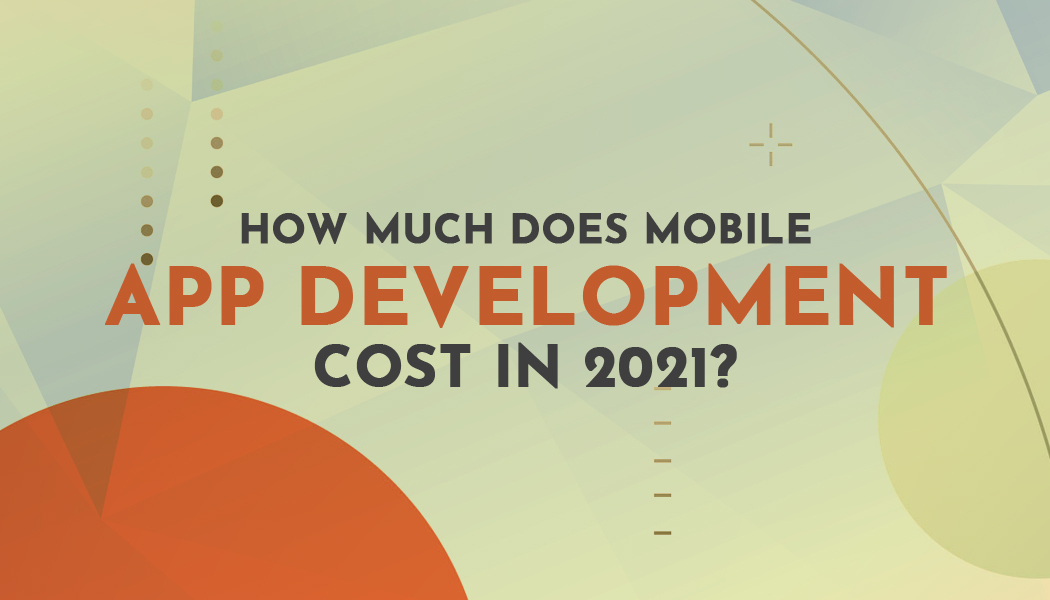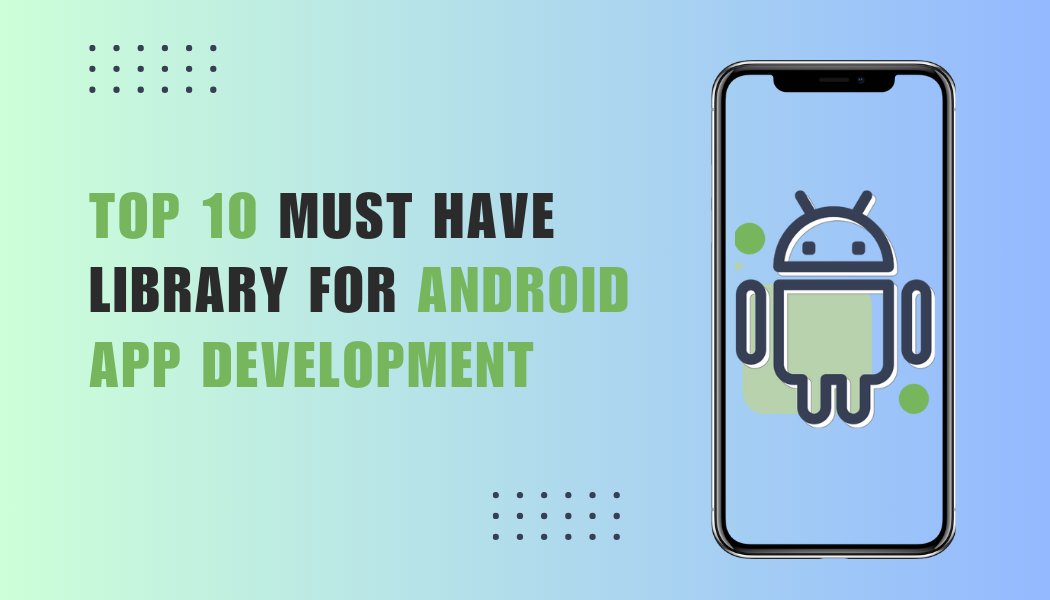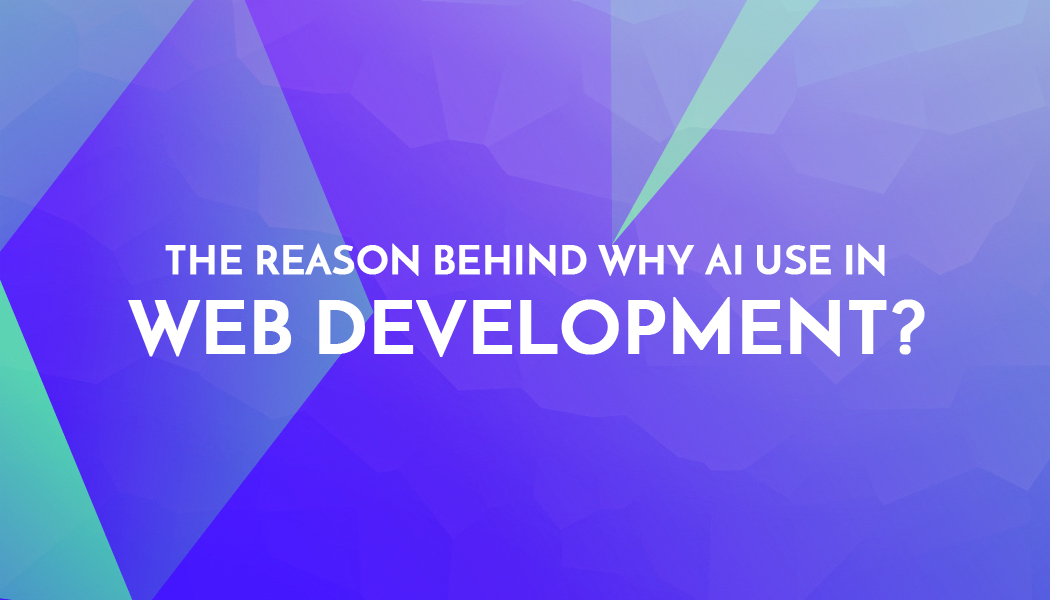How Much Does Mobile App Development Cost in 2021?
The cost of mobile app development has increased over the past few years.
The mobile app industry revenue reached $581.9 Billion in 2020. If this trend doesn't change, the industry's revenue will reach almost $ 1 trillion in 2023.
Since their inception, mobile apps have been a constantly changing industry, and cost estimates are constantly being revised to reflect this change.
With so many changes happening in such a short period, businesses need accurate predictions on what cost should be budgeted for their next project or company expansion.
In this blog post, we break down how much mobile app development costs in 2021. We also explain recent trends and offer some solutions to help you figure out your best option when it comes to developing your new app!
How Much Does It Cost to Develop an App?
The cost of mobile app development can vary greatly depending on the type of app and the features you want to be included in your new app.
Depending on the functionality of a mobile app development company, costs might range from $20,000 to $500,000. However, price is determined by more than just functionality.
Mobile app developers can charge around $100 per hour when working with small businesses on simple applications. However, this price can increase to $200+ per hour for companies with multiple features or custom designs.
Simple App Development
For small businesses, the cheapest option is to hire a single developer. While this may seem like an easy route, you must know what type of app will be created before moving forward. The average cost for simple apps falls right around $20k and could take anywhere from six months to two years, depending on your timeline. We recommend that you budget around six months for the project.
Basic App Development
For businesses with a more complex app in mind, you should expect to spend around $50k for basic apps. It's important to note that these are not always the most feature-rich applications on the market but represent an industry quality standard of quality. If your business requires additional features or functionality, then it will cost even more.
Complex App Development
If your business has a unique app idea that needs to be created, it's important to budget around $100k.
These apps are usually more advanced and require the user experience (UX) or information architecture (IA) work to be already done before development can begin. If these elements aren't complete, then costs will increase. You should also note that complex apps can take up to two years or more, so you must have the proper time management.
Formula to Calculate App Development Cost
After you have a better idea of what type of app your business needs, it's time to determine the cost. The formula for determining how much an app cost is pretty simple:
(Total number of hours) X (Hourly rate) = Cost
(Number of features) x (Average hours per feature) = Total Hours
Factors Determining the App Development Cost
There are a lot of factors that go into the cost of app development. We will discuss some of these below:
How much time do you want for your app?
The cost of developing an app is directly related to the amount of work needed.
If you already know what type of app your business wants, then it will require less time and therefore end up costing significantly less than if you let a mobile developer do design work without guidance.
Since UI/UX design can make or break your app, you must know your business needs before investing.
What type of phone or tablet will the app work on (iOS, Android)?
The phone type standard is important because if you are developing for more than one platform, then it's likely that your app will cost double.
You should also know that the bigger a device's screen, the more time and money an app takes to develop due to increased functionality requirements.
Do you need a simple or complex app?
The features that are included in your app will have a direct impact on the final price. As we said above, simple apps fall right around $20k, while complex apps can be upwards of $100k.
How many features does your app need?
It is one of the biggest determinants of how much an app costs since it's directly related to development time and complexity.
If you only want a few basic functions like taking pictures or tracking data, this can be done rather quickly, which will help reduce the overall cost.
However, if you want something more complex like a game or social media platform, it will take significantly longer and cost much more.
Do you need to create your design for the app?
It's important to know that if you need a unique design for your app, this will cost extra.
While it is possible to purchase templates, these can only go so far and don't always meet all the requirements of a business investing in mobile technology.
Also, keep in mind that any drastic changes in design will take more time and therefore increase the cost of development.
Number of Platforms and Development Approach
There are two main types of app development approaches:
- Cross-platform and native app development
- Android and ios app development
Cross-platform and native app development
This approach involves developing an app that works on multiple platforms like Android and iOS.
It means the same code base (code written in a programming language) is used to make both apps, but they will look different depending on which platform you use.
It costs less than creating two separate native apps for each operating system since it uses the same code.
Android and ios app development
This approach involves developing a separate app for each operating system that the business wants to launch on.
Therefore, this is more time-consuming and increases costs since making two different apps from scratch takes longer.
However, this does mean your users will have an optimized experience depending on which device they are using.
App Features and their Complexity
When it comes to mobile app development, you can include different features in the final product.
Some are more commonly used than others, and some require significantly more time, therefore increasing cost.
Basic Features
These are the most common features of a mobile app and include taking pictures, opening links, recording data, etc. These functions don't require much time or money to be included in an app at any extra cost.
The features include;
User Login
Requiring users to sign up for an account before using your app increases the time and cost since it involves many back-end coding.
It is not necessarily needed if you are looking at having something simple like a contact form or other basic platform that doesn't require much information from the user.
Navigation and Design
Navigation refers to how users move around in your app from screen to screen. At the same time, design involves creating a cohesive visual look for the entire platform that doesn't break immersion or usability.
When it comes to design, there are two options: custom vs. templates.
Custom designs create an entirely customized look from scratch, which requires a designer and a developer working together and more time.
Templates use pre-existing design elements to create the app, so how much of their designs will be implemented in your final product is up to you.
Chat Functionality
This feature allows users to chat with one another in real-time. It's not commonly used, but it does take more time and, therefore, increases the cost of mobile app development.
Search Functionality
It is a pretty common feature in all types of apps. It allows users to search for specific content within the app, which can be useful if they look for tutorials, manage their user profiles, etc.
It doesn't take much time to implement, so it's usually done at no extra cost.
Push Notifications
These are messages that can be sent to users at any time, regardless of whether or not they're using the app. Push Notifications take more time than basic features and increase cost since it requires a developer's involvement.
Complex Features
These are much less common features that you can include in apps, but they take more time and increase costs.
They include:
Payments Integration
Users can make payments directly through your app. Not many apps use this function, but it's becoming more popular, which means that time and cost increase with its implementation.
Geolocation
It is the process of locating a user based on their IP address. It's more commonly used in apps that rely heavily on social media functions such as Tinder, but it does increase cost since it takes longer to implement than most features and requires an extra level of security.
Streaming audio/video
You can use this to allow users to stream audio or video content through the app, but it requires more security than most features and increases time and cost.
Analytics
It is an advanced feature that uses the information compiled through the app to create reports and data. It's used for marketing research, improving your business model, or boosting user experience and therefore takes more time than most features due to its complex nature.
Offline Mode
It is the ability to store data in your app for use when it's offline. It only works with a very simple program because it takes longer than standard features and increases cost.
Offline mode is beneficial to access content even without an internet connection, increasing conversions over time.
Data encryption
Data encryption is a super-secure feature and therefore takes longer than standard features. It uses complex cryptographic algorithms to scramble the data in your app so it can't be accessed by unauthorized users or programs, which makes it more difficult for hackers to access sensitive information such as private documents.
Connectivity with a device's hardware
This feature allows an app to interact directly with a device's internal functions, such as the camera or microphone. It requires more time and therefore increases cost since it takes up a lot of development time for something that isn't commonly used in apps.
Multi-language support
This feature allows users to switch languages in your app. It is a useful tool for increasing conversions in regions where multiple languages are used, and therefore it does take more time than standard features, which increases cost.
Development Cost based on Type of App
The cost of mobile app development varies depending on what type of app it is.
Data-driven apps
These are apps that are built around the collection and analysis of data. These days it's common for small businesses to have some mobile apps. Still, they're usually feature-light because there isn't much benefit in an advanced program unless you can collect a lot of useful information through it.
Authentication apps
These are used to secure a user's account and keep their information safe. They tend to be more expensive since they need the extra development time for encryption features.
Ecommerce apps
These are apps that help a user purchase goods or services. These typically cost more because they require the same development time as authentication apps. They also need a database for storage and advanced features like geolocation which increases their overall price tag.
Social media apps
These are apps that rely heavily on social media sharing functions to bring users together. There's usually very little development time required compared with other app types. However, they still cost more than standard programs because you have to pay for advanced features like streaming audio/video and geolocation.
On-demand apps
These are apps that allow users to order goods or services on demand. It is a feature-light app, but since it's so new, there aren't many examples of developing these programs increasing. The time and therefore cost.
IoT-Centric apps
These are apps that have a strong integration with the internet of things. It is a feature-light app, but since it's so new, there aren't many examples of how these programs should be developed, increasing the time and, therefore, cost.
Cost Breakdown Based on App Development Stages
The cost of mobile app development varies depending on what stage the project is currently in. These includes:
Business Analysis/Discovery stage
It is where your idea for the app gets peer-reviewed. It's not uncommon to have this stage repeated multiple times until you've ironed out all of the major issues and can move on to development.
Design stage
Once your peers have approved the concept, you'll need to work with a designer to help bring it to life. This stage typically takes approximately 60 days, and costs vary between $2500 to $3500 depending on how complex the designs are.
Development stage
It is where your app gets built and turned into a working program. This stage typically takes approximately 120 days and costs around $5000-$30000 depending on how complex the initial designs are.
Testing & Deployment stage
Once you're happy with the finished product, it'll need to go through quality assurance testing (QA) before it's ready to be deployed. This stage typically takes approximately 60-90 days and costs around $5000-$25000, depending on how complex the QA process is.
App Maintenance and Other Hidden Costs
Once your app is built and ready to be released, several other costs are associated with keeping the program running.
Cost of App Release
It is the cost of getting your app accepted onto a marketplace like Google Play or iTunes. This process typically takes around 30 days and costs approximately $20k-$25k depending on how much leg work you have to do yourself (like finding partners with relevant connections).
Updates
These are the costs involved with releasing new updates to your app. This stage typically takes approximately 30 days and costs around $20k-$25k, depending on how complex these updates are.
Bug Fixes
These are the costs involved with releasing bug fixes for your app. This stage typically takes approximately 30 days and costs around $20k-$25k, depending on how many bugs you have to fix.
Hosting
It is the cost of hosting your app on a cloud platform. This stage typically takes approximately 30 days and costs around $20k-$25k, depending on how complex configuring your app with this service is.
Third-party Services
These are the costs of using third-party services to enhance your app (like push notifications and in-app purchases). This stage typically takes approximately 30 days and costs around $20k-$25k, depending on how complex these features are.
Analysis and Monitoring
These are the costs of monitoring your app's analytics to see how well it's performing. This stage typically takes approximately 30 days and costs around $20k, depending on how complex this process is (for example, if you're using an external service).
Project Management Cost
It is the cost of managing your project. This stage typically takes approximately 60 days and costs around $20k, depending on how much effort you have to put in yourself (or whether you hire an external firm).
App Marketing Cost
Once your app is ready to go live, you'll need to invest in marketing it. This stage typically costs around $20k and takes approximately 60 days, depending on how much effort you put into this process (for example, if you hire an agency).
App Patenting Cost
If you've created a truly unique app, it might be worth applying for a patent. This stage typically costs around $20k and takes approximately 60 days, depending on the complexity of your idea.
Final Thoughts
App development can be done in many different ways. Each carries costs that vary depending on the type of app you want to create and your resources, so it's important to plan before diving into mobile app development. If you're unsure which features are right for your app, it's best to hire a professional who can guide you through the process and explain what will work best for your app.




